
Strictly Limited Games Shares Insight on Game Preservation, Partnerships & Future Projects - Article
by Evan Norris , posted on 03 November 2020 / 2,879 ViewsIf you're a fan of physical video game media, you've probably heard of Strictly Limited Games, or SLG. A publisher of small batch licensed games, SLG is committed to producing physical versions of "significant and culturally valuable" video games in an industry increasingly focused on digital distribution. These games include individual titles like Bubble Bobble 4 Friends and Xeno Crisis, and collections like Space Invaders: Invincible Collection and Darius Cozmic Revelation.
SLG, together with its sister company ININ Games, is also interested in unearthing and resurrecting games previously thought lost, like Ultracore and the upcoming Clockwork Aquario.
Dennis Mendel, Co-Founder of Strictly Limited Games, was kind enough to share with us his thoughts on video game preservation, SLG's business partnership with Japanese arcade legend TAITO, and future releases.

Q: The Strictly Limited Games website warns against the "eventual digital death of a game". Meanwhile, ININ translates as "mandate" in Japanese, a nod to its commitment to celebrate classic games. How important is video game preservation to these two companies?
Dennis Mendel (DM): Actually, we take this topic extremely seriously as video games do not just mean business to us, they are so much more. So our emotional attachment to these games is very strong and we try to find the right balance between making our (fan-)dreams (and of course those of fellow gamers) come true while being somewhat economically feasible.
When we started with Strictly Limited Games, our first stage finish was to create physical releases of games that were already available as digital download. Then, with Sayonara UmiharaKawase ++ on PS Vita, we got a first taste of what it means to step into actual development in order to be able to create a physical version of a game that we love.
It was not possible to release the version that was available on PSN at that time in physical form, but we really wanted a western physical release of this game on Vita, so we spoke with the developer about it. Toshinobu Kondou is not only an excellent artist and game director, he also is an incredibly friendly person who shares our love for games, so he agreed to help us with this endeavor and that was basically the first time we got involved in the development. We thought it would make sense to take the next step and to look into titles that have not been available on current consoles at all, so that's how projects like Clockwork Aquario and Ultracore started.
But when we take care of such projects in order to take our idea of game preservation to the next level, it is somehow contradictory that we limit their availability.
I mean with Strictly Limited we want to make things available that otherwise would not come out in this form, but then, with these new projects which cost us a lot of money, we also need to fund all these costs that come with such projects, like development, marketing and such.
So we are somehow caught between the fact that we are some sort of boutique store/publisher with very limited reach (as we are addressing the core fans and collectors) with projects that cost us a lot of resources and that we also would love to see circulated more widely, so that's where ININ Games comes into play.
ININ Games is our sister company that will help us to achieve this goal, but of course this also leads to new challenges, especially when it comes to communication. Besides increasing the team size to keep up with the increased amount of projects and orders (especially with the backlog still not being cleared within the timeframe we had hoped for) we also need to find the right way to make collectors happy with games and items tailored to their needs and, at the same time, find ways to reach out to a broader audience who does not follow the game coverage that frequently.
With Turrican we hope that we have found the right way to take care of such projects - so there will be these special versions where we put a lot of resources into creating them to make the fans happy (like adding a gallery, director's cuts, an optional soundtrack and all that) and which take quite some time to finalize. Then there is the retail version by ININ Games which hopefully will help to reach out to those, who enjoyed the games back then, but who might have forgotten about them.
It should be clear that we all want a sequel to this wonderful series, so the first step after 30 years needs to be to bring back the name and the fond memories of this treasure.
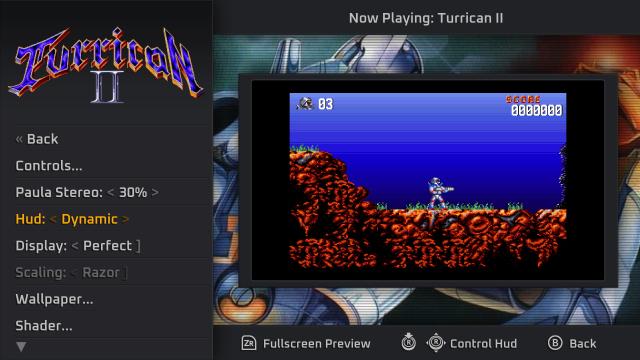
Q: How do you select the titles worthy of preservation and celebration?
DM: This is a very difficult topic because we cannot publish as many titles as we would love to. Our resources are somewhat limited so we need to select titles (mostly on the basis of our personal taste) even though we all know that this means that a lot of titles might never be preserved in physical form and might even be forgotten or lost in time, just like Ultracore or Clockwork Aquario back then. Both are games which are now being deemed as precious historical artifacts, created by companies we now know how important they have been to the overall development of video games.
We have seen the same happening to movies - at the time they were produced, the participants were not famous and did not know if the medium of film would ever become of cultural importance. So nobody took proper care of their preservation with the effect that many movies have been lost forever.
Let's take for example DICE - they started with pinball games and now I think it is safe to say that they are one of the most renowned development studios of the world. How can we dare to neglect their heritage? Still, back then their publisher had to focus on the new generation of gaming platforms leading to a lot of projects being cancelled due to the lack of "attractiveness" for the customers who were craving new, modern 3D games.
Or Westone, a company that served as a great ambassador for Japanese game excellence, who supported Sega on their way to become one of the most beloved game companies ever (with one of the best gaming consoles ever made, the Dreamcast).
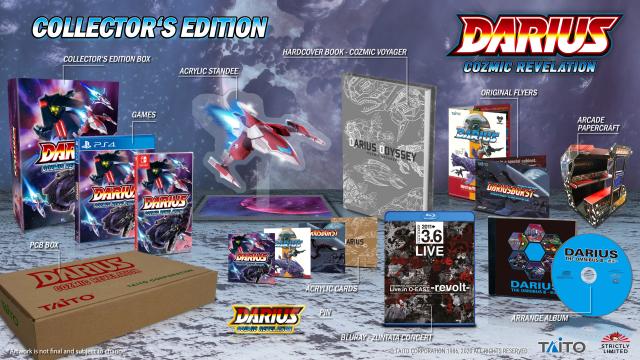
Q: After an explosion in the popularity of digital media, demand for physical media — particularly among collectors — seems to be on the rise, evidenced by the popularity of Strictly Limited Games and other outlets like Limited Run Games and Special Reserve Games. What future does physical media hold in the industry, particularly with Sony and Microsoft advertising all-digital consoles alongside those with disc drives.
DM: Well, the good thing is that it looks like the consoles with optical disk drives are still in high demand - at least when looking at the sales figures of Series X and PS5. And the comeback of the vinyl disks gives me hope that there always will be people who love to collect in physical form.
Nevertheless digital downloads are becoming more and more popular especially with the younger generations of gamers seeing digital downloads as the standard (and preferred) delivery format. And even gamers who grew up with games only being available on physical media are shifting more and more to the digital downloads as it is simply extremely convenient to keep several games on the console without the need to switch media.
I am a bit worried about games drifting towards becoming simple consumer goods that can basically be ignored after (extended) use, as this means that people will care less and less about the moment when they won't have access to these games anymore. (For example when the digital store closes, like what has happened with all these wonderful PS Mobile games where Sony did not move the licenses over to the PlayStation Network, so the games could no longer be downloaded by the buyers.)
So in my opinion it is important to show that physical media has its right to exist, not only as a means of preserving games (for example you can find games that are 30+ years old on flea markets and they still work fine on the original consoles), but also as a means of curating video games.
And last, but not least, the "experience" of taking a game out of its box and putting it into the console is also something special that slowly gets forgotten.
So basically physical media is an important tool to make clear that video games are something special, that they are cultural products and in many cases they are art (there have already been extensive discussions whether games can be seen as art, but as art is in the eye of the beholder, the decision is up to each one individually and to me, many games are as much art as movies or music or pictures can be, too).
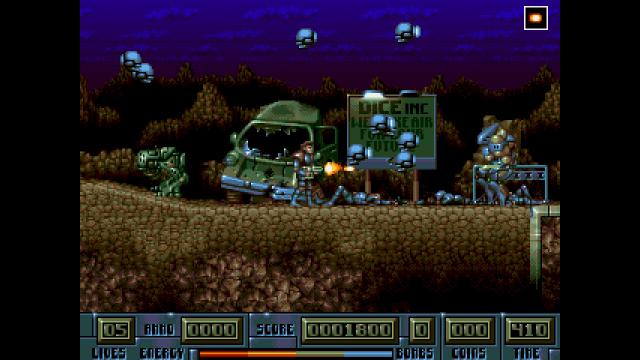
Q: One of your most recent games is Ultracore, brought back from oblivion 25 years after it was cancelled by Psygnosis. What went into that salvage project? What did it teach you about game development?
DM: With Ultracore (formerly known as Hardcore) we were fortunate enough to get some support by the founders of DICE and friends who had more experience. Without their help we would probably have never been able to officially publish this game.
During the development we learned so many important lessons. I mean, we were "just" a publisher for physical releases with nearly no experience in development, so when we decided to start with this project the only thing that we knew for sure was that we definitely want to do this, but the "how" was a completely different story ;)
Fortunately the game was already in a pretty advanced status, but still there were several bugs that needed to be fixed and we also learned how important it is to adapt controls to modern standards (for example using the analog stick for aiming).
With Clockwork Aquario we even had to do much more than "just" fixing bugs and optimize controls. The sound was completely missing from the source code and quite a few graphics could not be recovered. While we were able to get the sound and all sound effects back onto the game, some missing graphics needed to be completely redrawn, which is more time consuming than we initially expected. We are very grateful for the original Westone team being so supportive - they are helping us a lot and so we are very confident that we will be able to complete the game as truthfully to their original vision as possible.
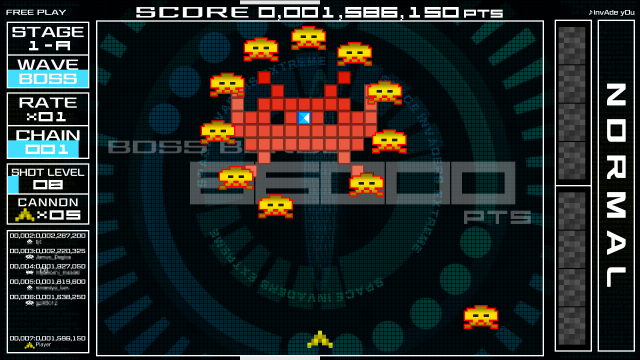
Q: Your relationship with TAITO has already produced several games, including The Ninja Saviors: Return of the Warriors, Darius Cozmic Collection, and Bubble Bobble 4 Friends, with Darius Cozmic Revelation due out next tear. What does this partnership mean to Strictly Limited Games and ININ Games?
DM: TAITO is an extremely important partner to us and it is a huge honor for us to be working with such a great company with its tradition-steeped history. With Strictly Limited Games we are able to celebrate this by offering special versions of their games which would not work in retail. Let's take Space Invaders Invincible as an example - it contains 11 different Space Invaders titles. SLG acts like the boutique store that offers all these titles to the "connoisseurs", i.e. the core fans and collectors who hopefully are happy about the fact that they can get all these titles on cart.
But then there are also customers who like the series, but are not necessarily interested in getting all of these retro titles. They are more interested in the latest iterations at an attractive price point. This is where ININ Games comes into play as ININ Games can help to make great titles available to a broader audience by putting them in retail stores across Europe and North America.
This is also a crucial strategy when it comes to "reviving" great IPs that have not seen any new release for quite some time, as we recently had with Turrican. When we announced something new regarding Turrican during Gamescom, people were expecting a sequel.
But this is actually not how we can bring back a 30 years old icon, as the first step is to bring those fond memories back.
Taito has an awesome heritage and we hope to be able to release many more of their great games, specifically tailored to the needs of our "SLG boutique customers" and the ININ Games customers who just want to enjoy awesome games, but are not necessarily collecting games or following gaming news.
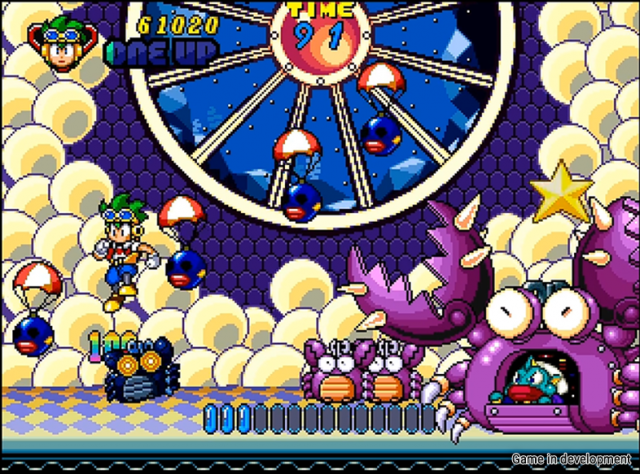
Q: Finally, can you tease any unannounced projects, either digital or physical?
DM: With Ultracore and Clockwork Aquario we hopefully have shown that we really want to make a difference to the market by going the extra mile in order to give something back to the community that supports us. Then, with Turrican we are currently working on reviving a European masterpiece series of one of the greatest indie developers of all time, Factor 5. For our next "surprises" we will go back to Japan's gaming history - one of them will be from the creator of a truly legendary arcade title and its unofficial sequel, another one will be a great series finally coming back to (modern) consoles.
I'd like to thank Dennis Mendel for his thoughtful answers and PR Hound for arranging the interview. You can learn more about Strictly Limited Games and ININ on their websites.
More Articles
Nice article! I've had games from their Partner Store recently with Ys Origin and waiting on Turrican early next year. I imagine I will be using these guys a whole lot if they keep getting great games.
Got my Xenocrisis a few days ago. Very pleased with the collection, the presentation and the communication regarding the delivery. I'll definitely stay a customer. Good interview Evan!








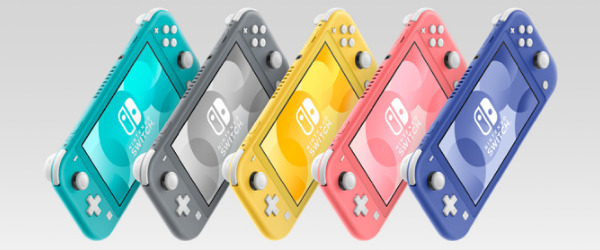
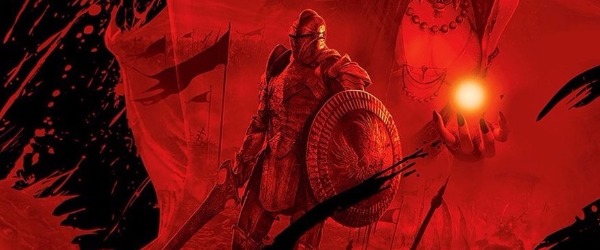
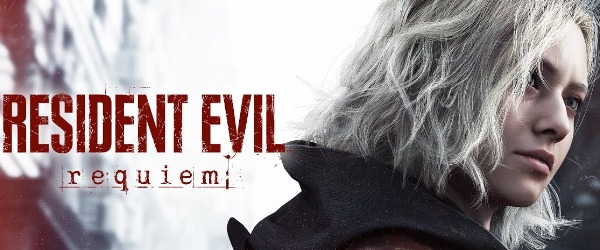
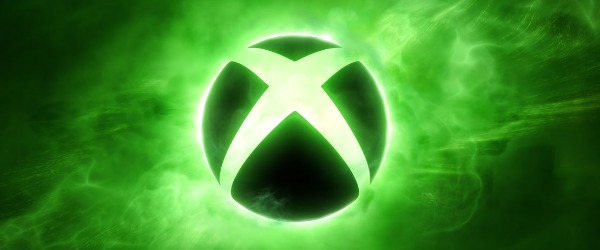










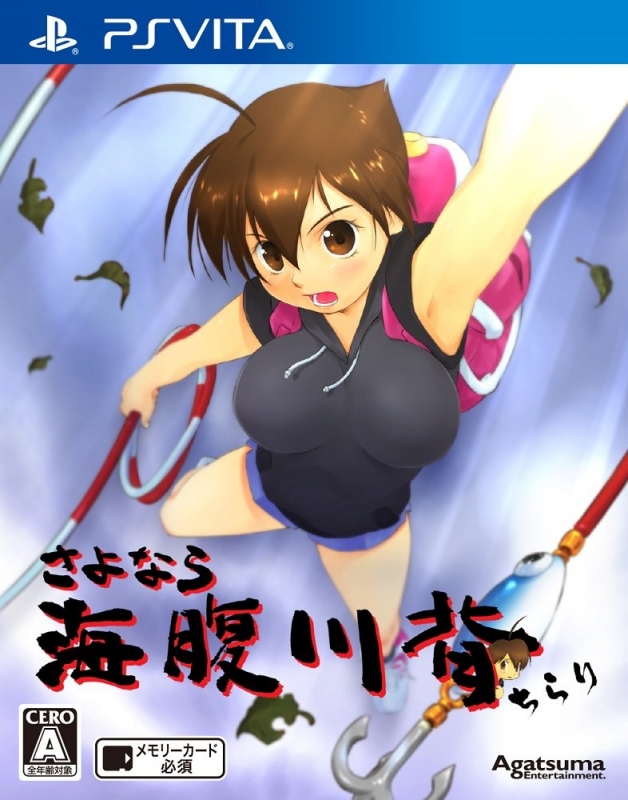

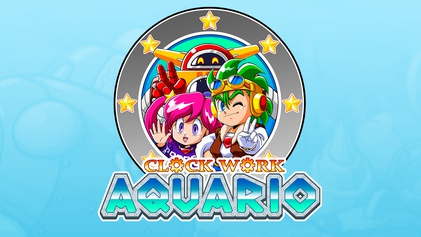

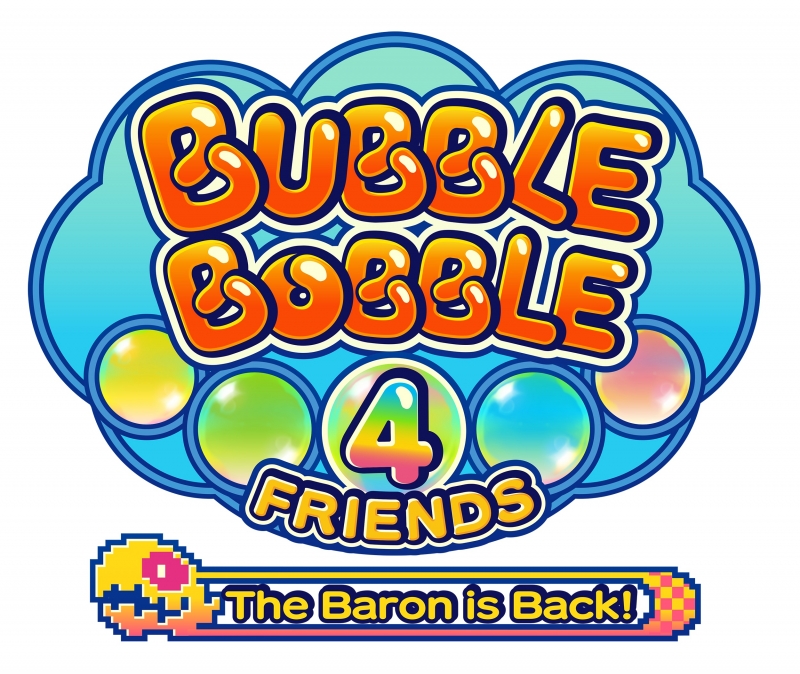

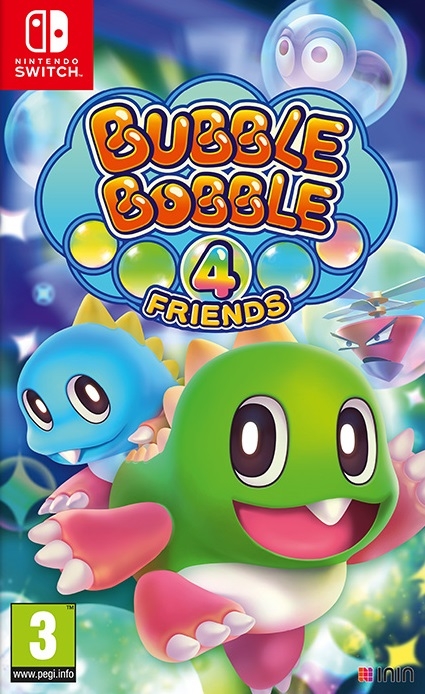

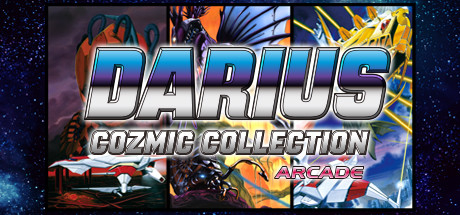
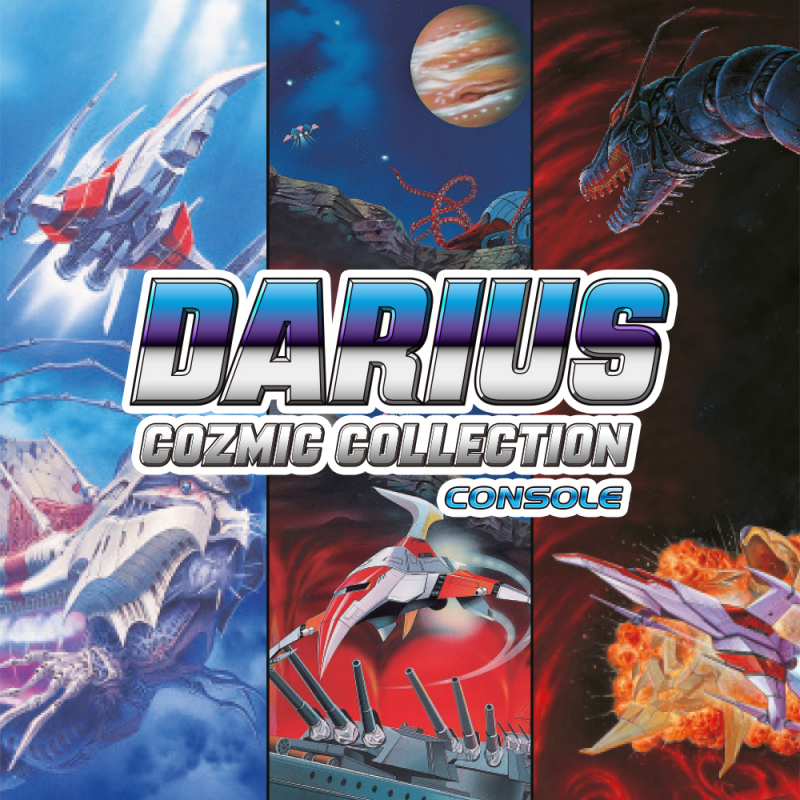
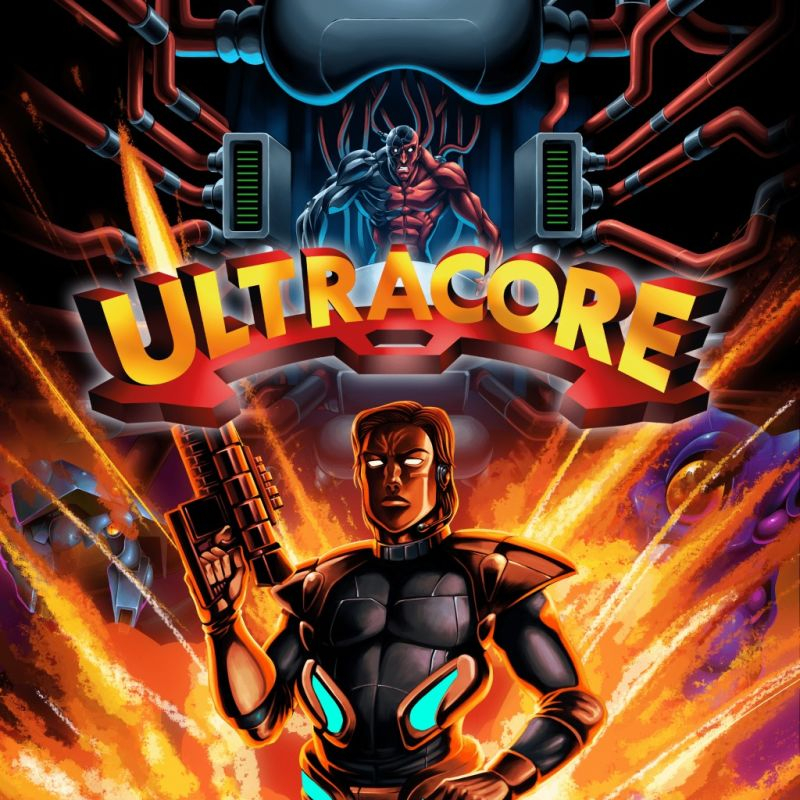
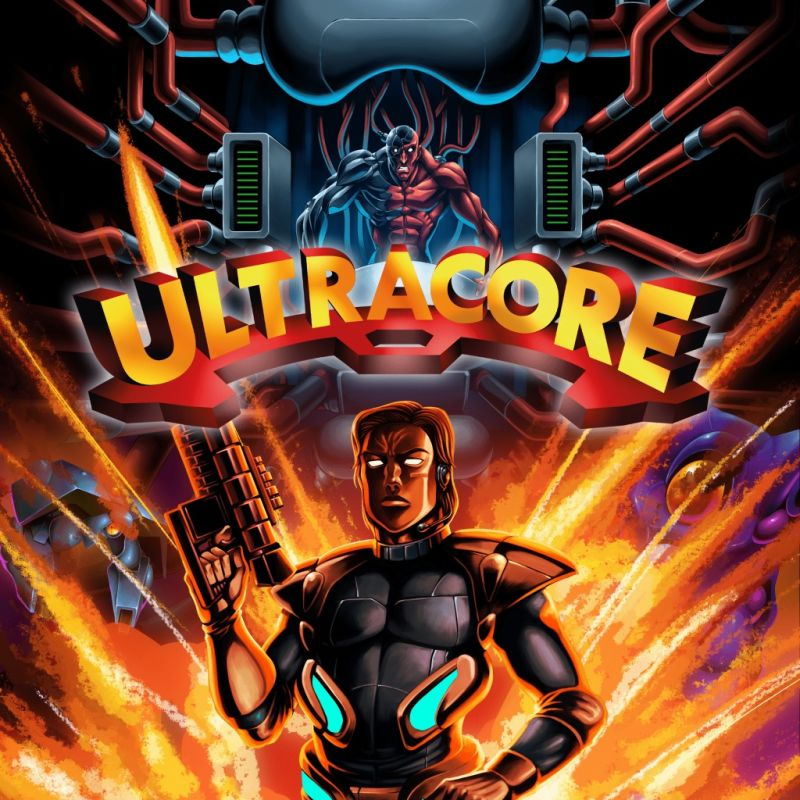
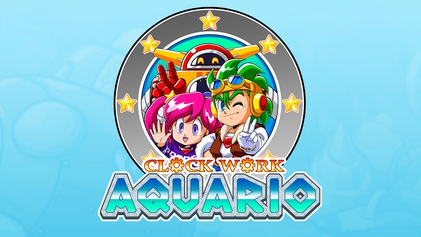
 Essay Pro
Essay Pro